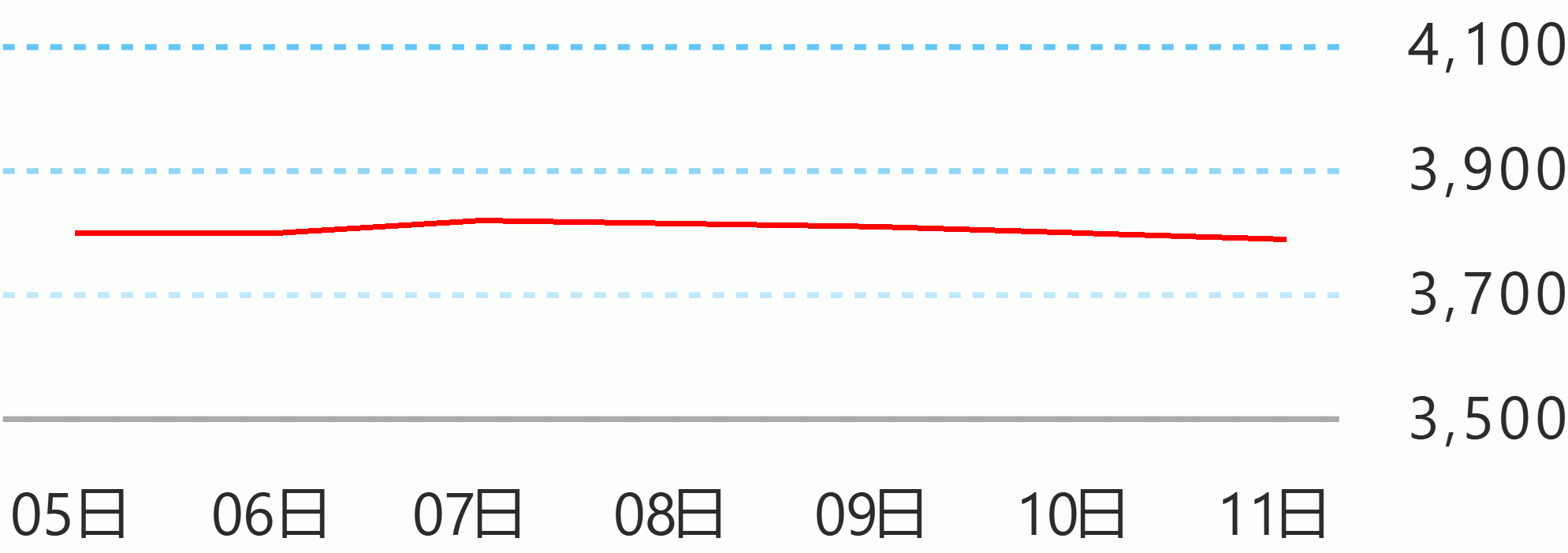China and the members of the Association of Southeast Asian Nations (ASEAN) are all "politically committed" to having the long-awaited Code of Conduct (COC) in the South China Sea next year, a top Philippine diplomat said on Thursday.
During the sidelines of the Maritime Security Symposium 2025 in Manila, Foreign Affairs Secretary Enrique Manalo said he is hopeful that ASEAN and China will "achieve a successful negotiation" to have a binding COC during the Philippine chairmanship of the ASEAN summit in 2026.
"Well, we are all politically committed to achieving, having a code by next year. But we will see. We will try our best," he said.
" Everyone has agreed that we would like to have a code by 2026 but we have to agree," he added when asked if China explicitly expressed its commitment to complete the COC by next year.
He was silent on whether the code should be legally binding.
Manalo said that during the negotiation the Philippines will continue to push for the country's priorities and positions while "remain committed to achieving substantive and effective code that would effectively govern the behavior of the parties at sea."
In August 2018, the ASEAN and China agreed to a single draft of the code of conduct with agreement reached in November 2018 for both sides to finalize the document within three years starting 2019. No progress has been reached since then.
Manalo said the issues that need to be addressed which continue to delay the ASEAN - China COC includes "the scope of the code, also the nature of the code and its relation to the declaration of the principles adopted in 2002 on the South China Sea."
"Well, it is contentious in the sense that there are issues that need to get the consensus of all countries. But as the President said, we still have to address important issues", he said.
It can be recalled that in a previous interview, Defense Secretary Gilberto Teodoro Jr. said President Ferdinand Marcos Jr. is "looking forward to good faith discussions" of COC between China and the members of the Association of Southeast Asian Nations (ASEAN).
However, Teodoro doubted that China would negotiate the COC in the South China Sea (SCS) in "good faith".
"Let's scrutinize their actions on what they are putting forward in the discussions on the code of conduct. That I would like to see. I mean, because if it is a perpetuation of what they have already done, then it's hard," he said.
"We look forward to good faith discussions, and the President has given the marching order that he looks forward to good faith discussions, and we will comply," he added.
Teodoro noted that China is "committed to dialogue, but (the problem is that) they only believe in what they say" and "they are also committed to illegal action. That's the problem". Robina Asido/DMS





 English
English









